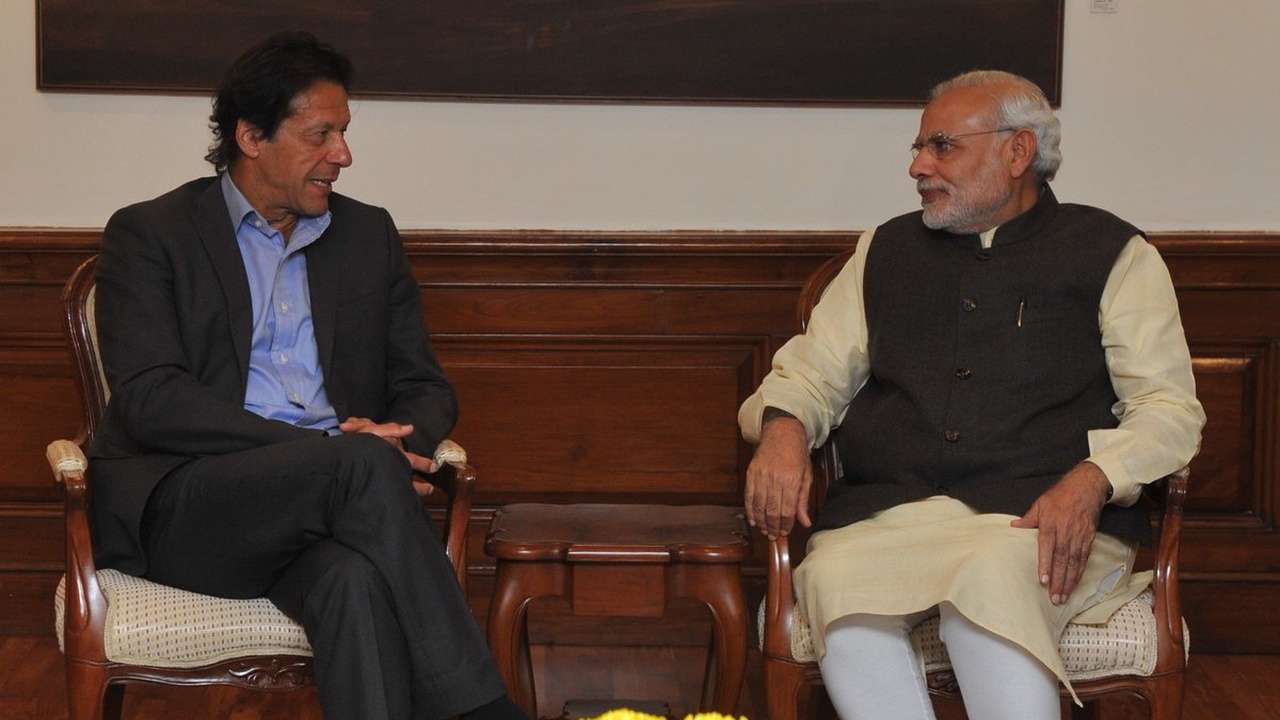DNA Edit: Tentative steps - Khan dials Modi, but a dialogue looks improbable
A congratulatory phone call to Prime Minister Narendra Modi from the Pakistani premier, three days after the BJP victory, reflects the lack of warmth in bilateral ties between the two countries.

Imran Khan, Narendra Modi
When Indo-Pakistan tensions were threatening to spiral out of control in the aftermath of the Balakot air strike in February this year, Pakistan Prime Minister Imran Khan, predicted rather prophetically, that discussions with India will begin only after a new government is in place in Delhi.
Well, that time has arrived. A congratulatory phone call to Prime Minister Narendra Modi from the Pakistani premier, three days after the BJP victory, reflects the lack of warmth in bilateral ties between the two countries. Having said that, at least a start has been made and that needs to be welcomed. As can be expected, spokespersons on the two sides gave out their own versions of what transpired during the talk.
Modi told his Pakistani counterpart that peace and progress in the region were linked to “trust and an environment free of violence and terrorism.” Khan, while congratulating Modi and the BJP on their win, expressed his “desire for both countries to work together”, reiterating “his vision for peace, progress and prosperity” in South Asia.
Notwithstanding the difference in slant and emphasis on both sides, it is good that Khan broke the ice, however tentatively. But peace between the two sides, frankly, remains a pipe dream at the moment. Former Pakistan hands have cautioned against reading too much into this conversation, given the scale of hostile engagement since the Pulwama suicide bomb attack in February.
Relations between the two countries, barely sound at the best of times, has gone from bad to worse. While Khan’s desire for peace is understandable, the situation is far too complicated for any easy breakthroughs. Pakistan has done little to put the brakes on terror emanating from its land, while ceasefire violations across the LoC continue with impunity.
Under the circumstances, it is unrealistic to expect any major dialogue between the two sides. In any case, the recent history of talks between the two sides is even more distant. India and Pakistan have not held any structured talks for more than a decade, following the 2008 attack engineered by the Lashkar-e-Taiba in Mumbai.
Seven Pakistani men were arrested in connection with those attacks, but none of them has been prosecuted so far. India has linked any resumption of dialogue between the two countries to Islamabad curbing cross-border terror attacks. It has not helped that whenever New Delhi has raised the issue of cross-border terror with Islamabad, the latter has, as a matter of form, demanded to know how far India had progressed with the Samjhauta Express case!
Such stonewalling hardly helps in improving bilateral relationships, particularly when they have a history as long as India and Pakistan’s. Pakistan and Imran will have a lot to do - indeed, climb a mountain - if there is any chance of taking the dialogue between the two sides ahead. Modi and Khan are expected to come face to face at the Shanghai Cooperation Organisation (SCC) summit in Bishkek, Kyrgyzstan, on June 13-14, but Indian officials have thus far ruled out the possibility of a bilateral meeting.